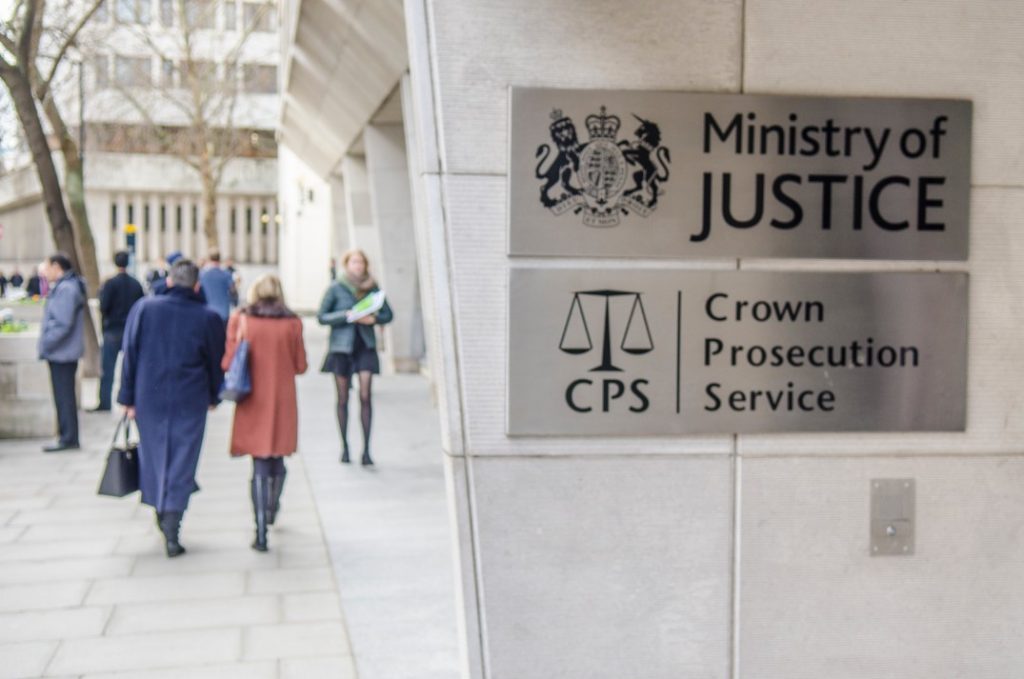Following the news that the Ministry of Justice is seeking to increase probate fees for both professional and non-professional applicants in England and Wales, Louise Garrett, Associate at Hunters Law LLP, examines the criticisms that the proposals have received.
The 2019 proposals put forward by the Ministry of Justice (MoJ) in respect of probate fees being increased depending on the value of the estate were met with fierce criticism. The headline figures were certainly dramatic with suggestions of fees reaching £6,000 for estates worth over £2,000,000. With this in mind, the recent consultation published by the MoJ might expect a more positive response due to its focus on all users paying the same fee for the same service.
The consultation, published on 8 July, proposes a flat fee of £273 for both professional and individual probate applications, with estates worth less than £5,000 continuing to be exempt. The objective is to remove the unjustified discrepancy between differing fees being charged for the same service. Currently, the fees for individual and professional applicants are £215 and £155 respectively.
The consultation seeks to bring the probate fee structure into alignment with HM Treasury’s Handbook Managing Public Money which states "different groups of customers should not be charged different amounts for a service costing the same". Indeed, with the emergence of a digital service now available for individual and professional applicants alike, the disparity between the costs of processing both types of applications are forced into the spotlight as the service arguably becomes more streamlined.
Criticism of the consultation so far would appear to be more focused on probate fees not being increased at all given the current delays. The Law Society of England and Wales says "plans to hike fees for probate applications are unwelcome particularly when grieving relatives are suffering because the service is still subject to significant delays" and The Telegraph reported over the weekend that "the plan has been criticised by Conservative backbenchers, who argue it penalises grieving relatives for what is already a poor service".
The consultation is open until 23 September 2021 and, subject to its outcome, if the new fee structure is introduced in early 2022, Her Majesty’s Courts and Tribunals Service (HMCTS) will be under pressure to demonstrate that the probate service has substantially improved.
Probate practitioners will already be aware of the changes that have taken place over the last year or so with it now being a requirement for all applications, where there is a will, to be made online. Optimists might expect the ongoing improvements to the digital service to result in a more efficient application process for both professional and individual applicants. That said, any applicant will need to ensure they follow HMCTS guidance to give themselves the best chance of their matter being processed in a timely manner. For both types of applicant, the value of the estate will need to be reported and if Inheritance Tax (IHT) is due, submit an IHT account to HM Revenue & Customs 20 working days before applying for probate.
Whilst an individual applicant will still need to have the original death certificate or an interim death certificate for the deceased's estate, it is worth noting that the requirement to send a death certificate of any pre-deceased executors has ended for both individual and professional applicants.
Probate practitioners should be aware that improvements are being made to MyHMCTS. Users are being encouraged to check their MyHMCTS dashboard to either submit cases or read the guidance on deleting unsubmitted cases for those that are no longer valid. Any applications that are not submitted before 19 August will not be able to progress and a new application will need to be created.




















